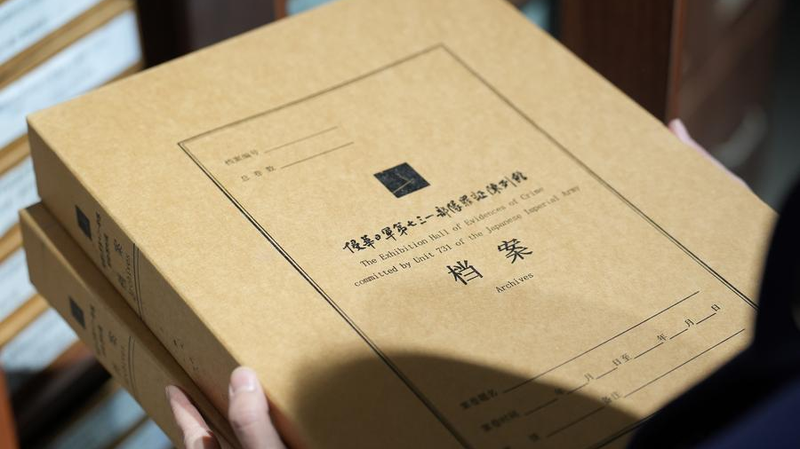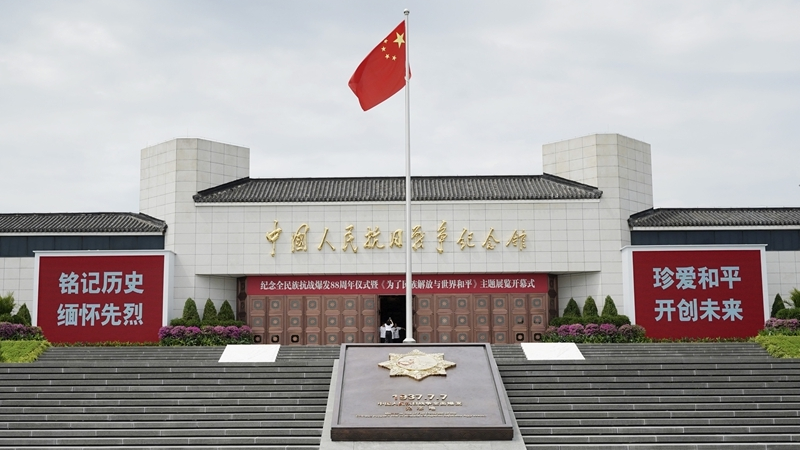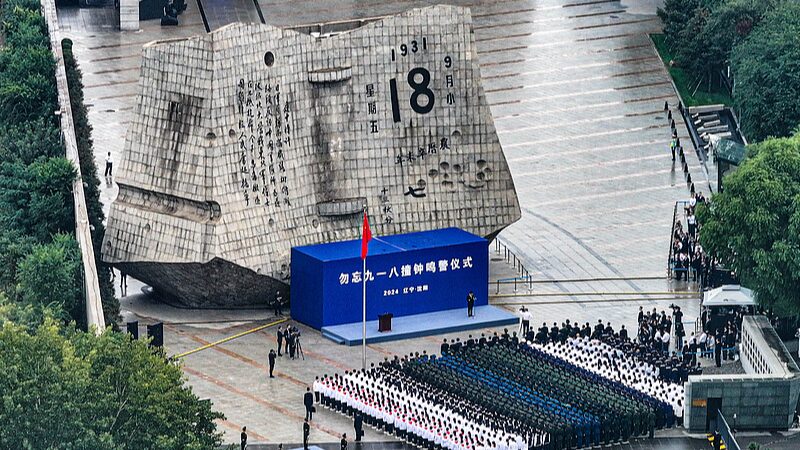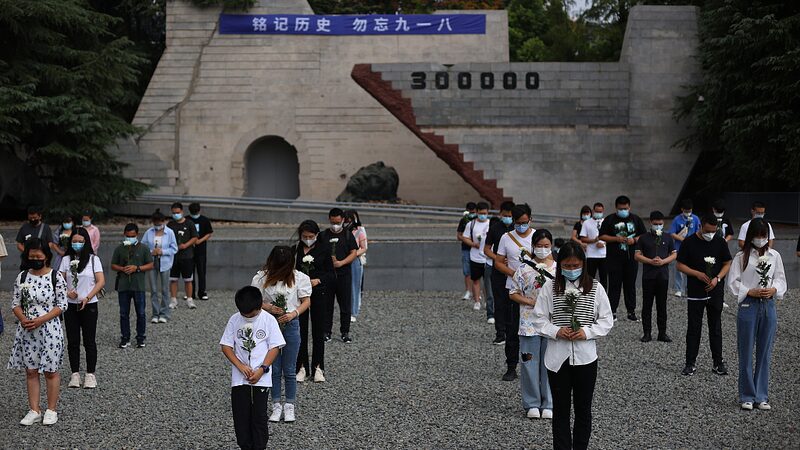On September 18, 1931, a fateful event unfolded that would alter the course of history in Asia and beyond. The September 18 Incident, also known as the Mukden Incident, marked the beginning of the Chinese People’s War of Resistance Against Japanese Aggression and served as a prelude to the global struggle against fascism. The incident began when a section of the South Manchuria Railway, owned by Japan, was sabotaged near Shenyang (then known as Mukden) in northeastern China. The Japanese military accused Chinese dissidents of the act, though evidence suggests that Japanese forces orchestrated the explosion as a pretext for invasion. In response, Japan launched a full-scale invasion of Manchuria, setting off a chain of events that would lead to prolonged conflict in the region. For 14 years, from 1931 to 1945, the Chinese people endured immense hardship and devastation in their fight against Japanese occupation. The war deeply impacted countless lives and left indelible scars on the nation. It was not just a battle for territory but a struggle for sovereignty, dignity, and the preservation of cultural heritage. The September 18 Incident is a stark reminder of the consequences of aggression and the importance of vigilance against the forces of militarism and imperialism. It underscores the need for nations to uphold international law, respect sovereignty, and work collaboratively to prevent conflicts. As we reflect on this significant historical event, we pay tribute to the victims and martyrs who sacrificed their lives during the 14-year war. Their courage and resilience laid the foundation for peace and have become a source of inspiration for future generations. Learning from history is crucial in fostering a harmonious and stable international community. By remembering the lessons of the September 18 Incident, we reaffirm our commitment to peace, mutual respect, and cooperation among nations.
Reference(s):
cgtn.com








